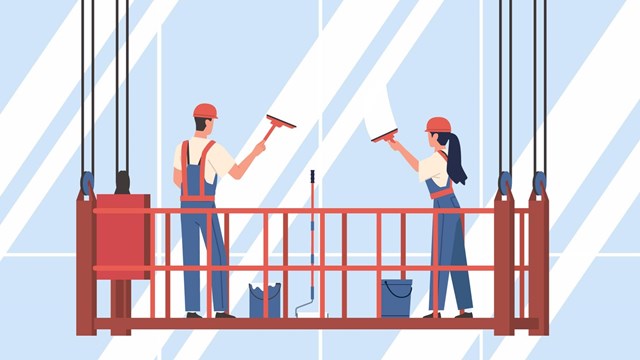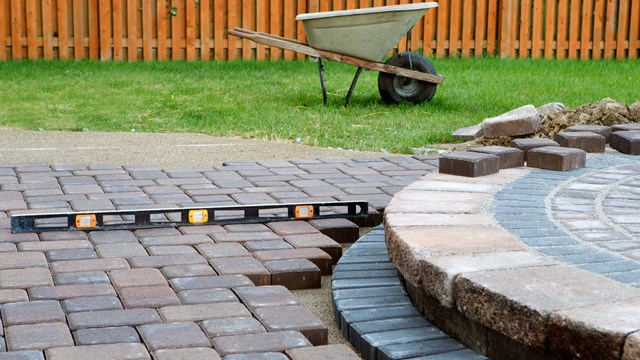
Q. A homeowner in a condo asks the board to allow the alteration of the balcony enclosure to a taller height. The board and management company agree and the alteration takes place. Twenty-five years later, a new manager says that was improper and the balcony must go back to original standards. Is there a statute of limitations on this balcony?
—Must This Change Be Made?
A. Says David Savitt, an attorney with Kovitz Shifrin Nesbit, which has offices throughout Illinois, “Since the declaration is essentially a contract between the owner and the association, the applicable statute of limitations would be 10 years in accordance with 735 ILCS 5/13-206, which governs claims brought pursuant to a breach of contract theory. To that end, the 10-year statute of limitations period began to ‘run’ on the date that the board provided its approval to the homeowner. As such, the board would likely be legally barred by the statute of limitations from proceeding with a claim against the homeowner designed to compel him or her to return the balcony to its original state. Note, though, this is a defense that would have to be raised by the owner.
“Having said that, putting the 10-year statute of limitations period aside, even if the board was able to initiate a lawsuit against the homeowner, the owner would also have a number of legal defenses that could be raised in response to such a lawsuit. One defense that could be raised by the homeowner would be the Doctrine of Laches. Essentially, the Doctrine of Laches is an equitable principle which provides that a party will not be able to enforce a legal right against another party if they have failed to assert that right after a long delay and such delay has negatively affected the other party. Applying that concept to the matter at hand, this would mean that even if the board has a legal basis to demand that the balcony enclosure be returned to its original state, the homeowner could claim that because twenty-five years have passed without the board asserting its rights, the board has now lost its ability to enforce such a restriction against the homeowner. Along that same vein, a strong argument could also be made by the homeowner that when the board approved the requested alteration, it waived any right that it now has to mandate that the balcony be returned to its original state, regardless of whether the alteration is, in fact, ‘improper.’
“Further, Illinois law also protects individuals who claim to have relied to their detriment upon the words or actions of a party with whom they have contracted under a theory called Promissory Estoppel. In this case, the homeowner could argue that he or she relied to his/her detriment by proceeding with the approved enclosure at his/her financial expense. Given that the homeowner would most certainly be disadvantaged if he or she were required to cause the balcony to be returned to its original state, this would appear to be precisely the type of scenario that Promissory Estoppel was created to prevent.”






Leave a Comment